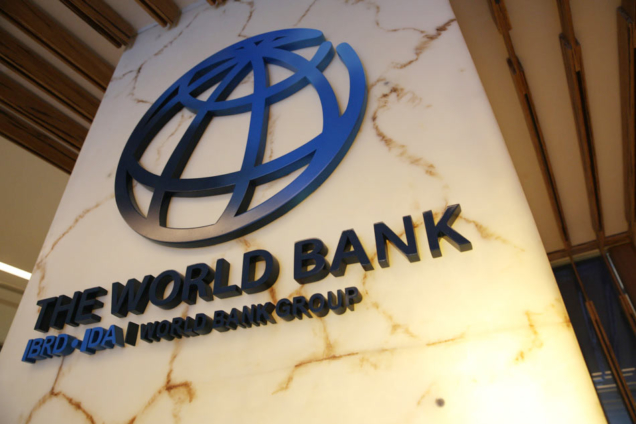The World Bank has advised that improvement of public financial management, public spending efficiency, and procurement practices by the government is key for the sustainability of the fiscal effort.
It pointed out that while a comprehensive look at spending composition is necessary especially to reduce costly, regressive and ineffective energy subsidies, there is also a clear need to look at the efficiency of public spending and procurement practices to reduce waste, mismanagement, and lack of transparency.
In its 8th Ghana Economic Update, the Bretton Wood institution said Implementing improved expenditure commitment controls, improving cash management, and enhancing budget credibility are also key.
“Fast-track actions are needed to Integrate into the Treasury Single Account all ministries, departments, and agencies; local metropolitan, municipal, and district assemblies; and internally-generated-fund entities’ accounts in BoG [Bank of Ghana] and commercial banks. This action, together with effective weekly, monthly, and quarterly cash forecasts, will aid effective cash management and prevent the accumulation of arrears.”
Considering that a large part of arrears accumulation arises from capital expenditures, the World Bank added that a fast-track implementation of the “Blanket Purchase Agreement” is also necessary to capture multi-year commitments and contracts in line with Medium-Term Expenditure Framework ceilings, starting with the road sector.
Over the years, it said the Public Expenditure Monitoring Unit of the Ministry of Finance has been conducting cash forecasts, but these have not been effective because they are either not accurate or are not fully followed.
At the same time, it stated that reforms to achieve the financial sustainability of the agriculture and energy sectors are paramount from both a fiscal and a growth perspective.
“Given the fiscal burden and contingent liabilities emerging from agriculture and energy sectors and role they play in the economy, it is also key to substantially improve COCOBOD’s [Ghana Cocoa Board] and ECG’s [Electricity Company of Ghana] operational and financial performance to restore profitability and financial viability”, it added.
Latest Stories
-
Trump announces 35% tariffs on Canada
4 hours -
UK to return some migrants to France within weeks – PM
4 hours -
Six things Trump should know about Liberia after he praised leader’s ‘good English’
4 hours -
Judge blocks Trump’s birthright order after Supreme Court ruling
5 hours -
The US helped successfully tackle Aids – now cuts put that at risk
5 hours -
IFMA Ghana launches student chapter at Sunyani Technical University, inaugurates Department of Architecture and Real Estate
5 hours -
Ghana leaves mark at inaugural International Cybersecurity Olympiad in Singapore
6 hours -
Standard Chartered declares dividend at 55th Annual General Meeting
6 hours -
Prudential Bank, UnionPay International intensify customer engagement to boost card usage in China for traders
6 hours -
Ablakwa’s Diplomacy, Antwi’s Partisanship, and Kubi’s Statesmanship
7 hours -
Tottenham unveil Mohammed Kudus after completing move from West Ham
7 hours -
WAFCON 2024: Black Queens must be at their best against Mali – Kim Björkegren
7 hours -
Ablekuma North: Someday others will fly because you walked – Akosua Manu to Akua Afriyie amid EC rerun decision
8 hours -
Hungary, Switzerland and India explore mining partnership with Lands Ministry
8 hours -
Akufo-Addo/Bawumia government’s major gains in TVET transformation highlighted
8 hours

